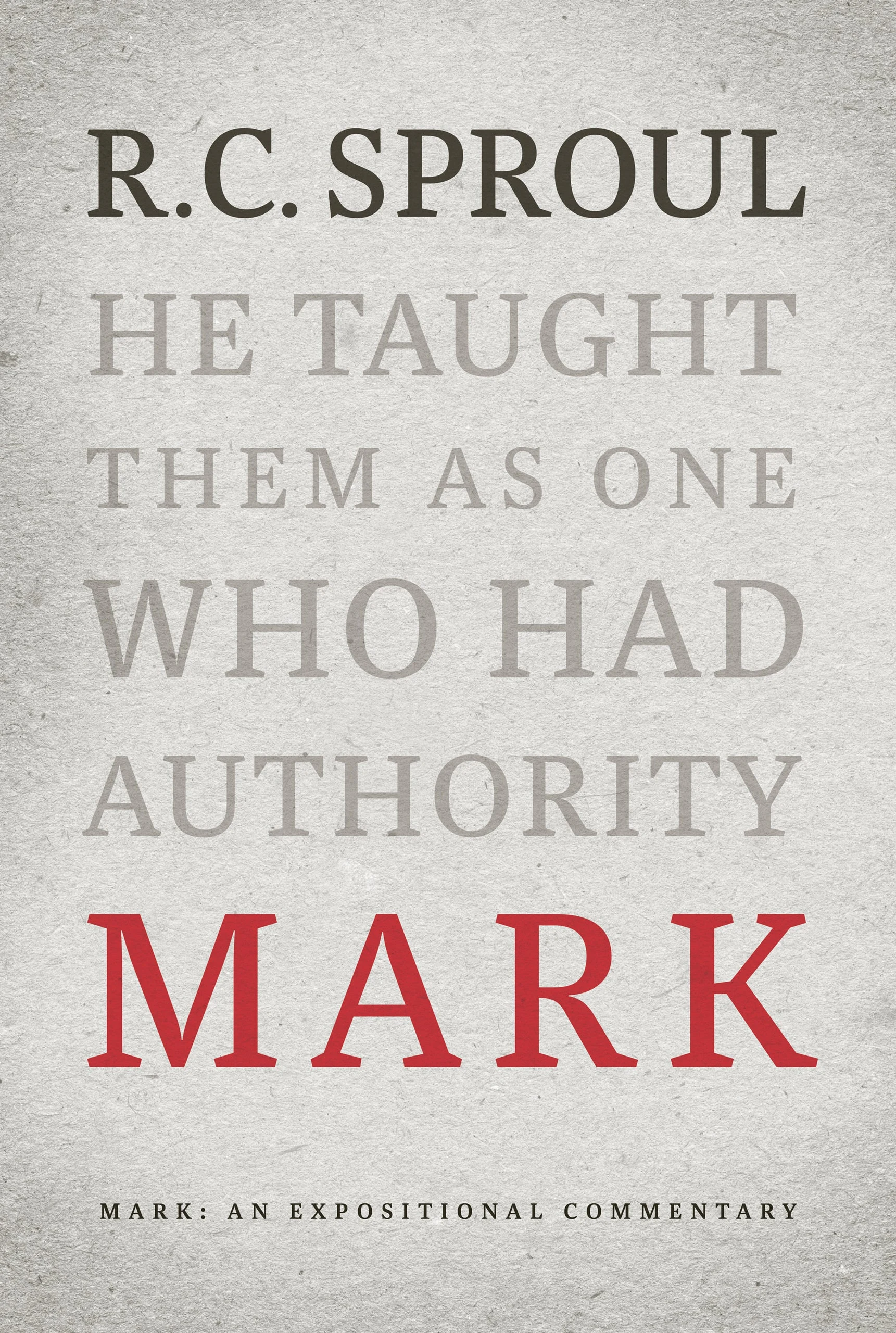The Eternal Significance of the Infinitely Insignificant

And he said, “The kingdom of God is as if a man should scatter seed on the ground. He sleeps and rises night and day, and the seed sprouts and grows; he knows not how. The earth produces by itself, first the blade, then the ear, then the full grain in the ear.” (Mark 4:26-28)
Jesus said the spread of the kingdom of God is much like this process. It begins small, but while our attention is elsewhere, so to speak, the kingdom grows. Like the growth of a seed, it is a mysterious process.
We cannot see grass growing with the naked eye.
When I was in seminary, we often read and discussed the ideas of the higher critical scholars, who attacked every page of the Bible with their cynicism and skepticism. One of my professors constantly expressed amazement at “the arrogance of these men.” When I asked what he meant, he said, “They think that they can watch the grass growing from two thousand years away.” I instantly understood his point. We cannot see grass growing in the here and now; it is not a process we can observe with the naked eye. In the same way, the higher critical scholars are not able to make actual observations to support their conclusions about the biblical texts.
I find it very comforting to know that this is how God’s kingdom works. This parable teaches me that the things I say and do, though they seem infinitely insignificant to me, may have eternal significance as God uses me in the building of His kingdom.
The power of a simple word.
Once, when I was standing at the church door after a service, a young man came up to me and began to tell me that he had heard me speak fifteen years before at a small church in Pennsylvania. He told me that following that service, he had asked me a question, and he was able to repeat my answer to him verbatim all those years later. He said, “When I went home, I could not get your words out of my head, and God used that comment that you made that day to convict me to go into the ministry.” As I reflected on his story, I wondered how many other words I had spoken to people that had helped them—or, perhaps, wounded them, leaving scars on their souls that they carry to this day. We have no idea how powerful a simple word can be, for good or ill.
We often do not know what God does with our service. We plant the seed, go to bed, and, while we sleep, God germinates the seed so that life grows and eventually produces a full harvest.
An encouragement for pastors.
Every year in the United States, thousands of pastors leave the ministry. Some leave for moral reasons, but most leave because they feel unappreciated by their congregations. They feel like they’re spinning their wheels, that they’re preaching their hearts out but nothing is happening. They need to hear this parable. Or they need to listen to Paul when he says, “Neither he who plants is anything, nor he who waters, but God who gives the increase”(1 Cor. 3:7). God can and does use their faithful preaching of His Word, though the preachers themselves may never see the effect their words have.
I have been blessed to have some glimpses into how God has used my words. Some time ago, I had a conversation with Joni Eareckson Tada. At the time, she was dealing with chronic pain, and it was so bad she could not even sit in her wheelchair. To my surprise, she said, “I’ve been watching your videos and listening to your tapes every single day for hours, and I’m getting strength from those.” Similarly, I received a letter recently from a man telling me how he first heard one of my lectures twenty years ago, then read some of my books, and he simply wanted to thank me for Ligonier Ministries. The letter was written by a man who is on national radio every day; he’s one of the great leaders of the church today. I had no idea that anything I had said or written had had any impact on him.
Forget about trying to see the fruit.
That’s the way the kingdom is. We often do not know what God does with our service. We plant the seed, go to bed, and, while we sleep, God germinates the seed so that life grows and eventually produces a full harvest. Then God Himself reaps for His own glory. We simply need to forget about trying to see the fruit of our service immediately. It does not matter if we ever see it. We are called to take the light and let it shine, then let God do with it whatever He pleases.


